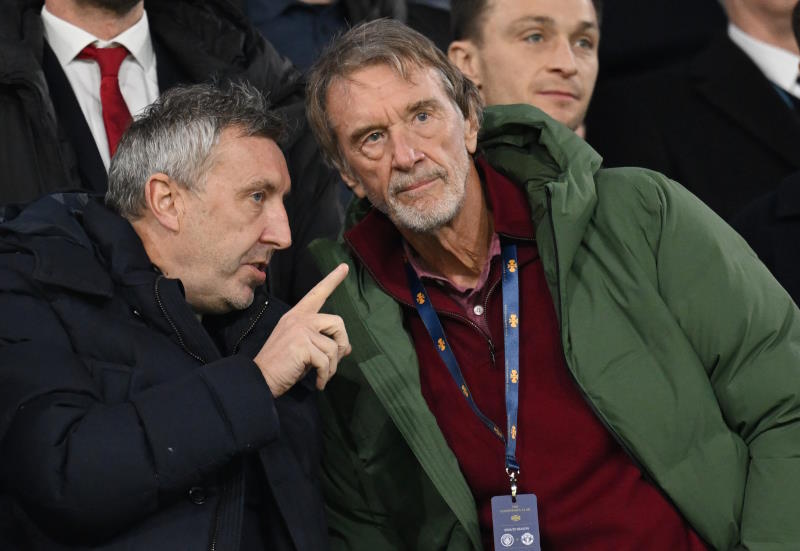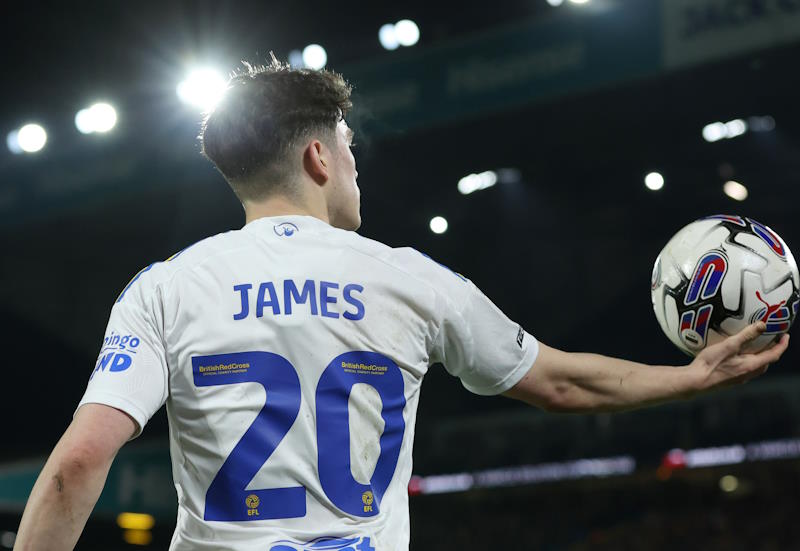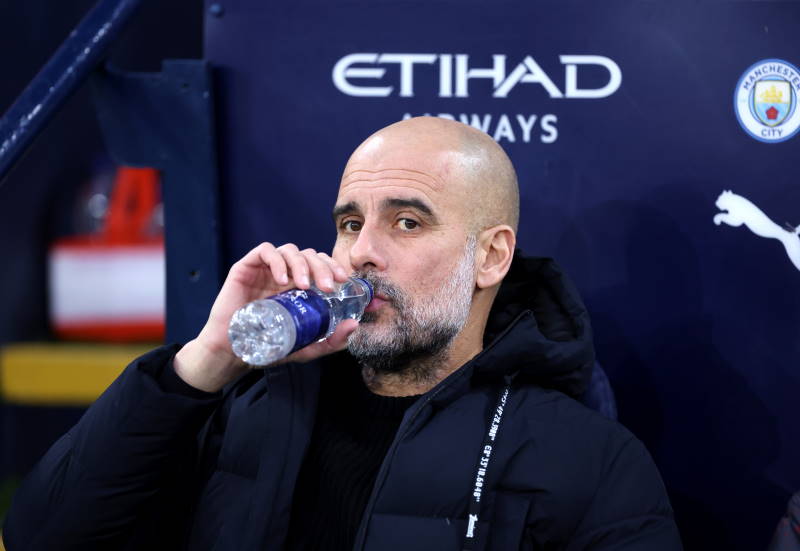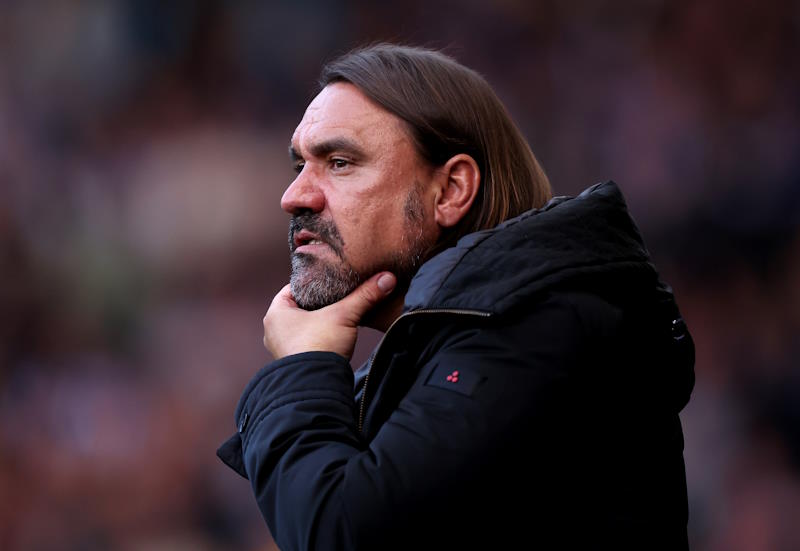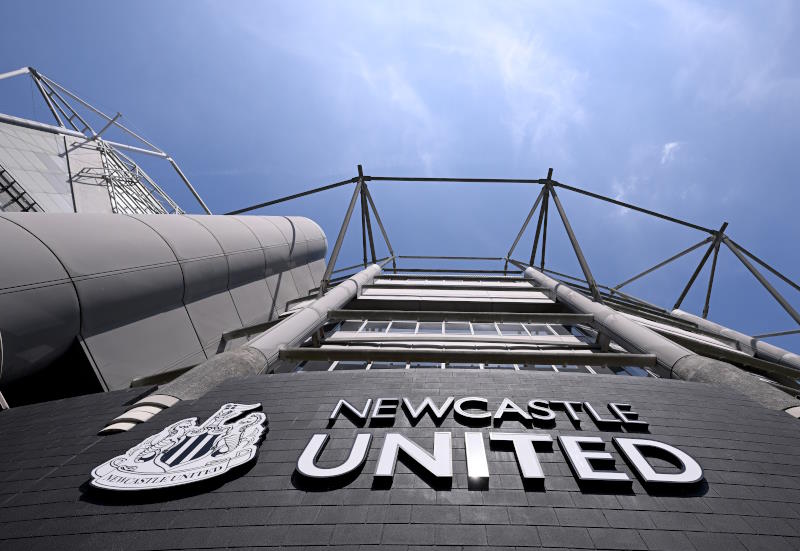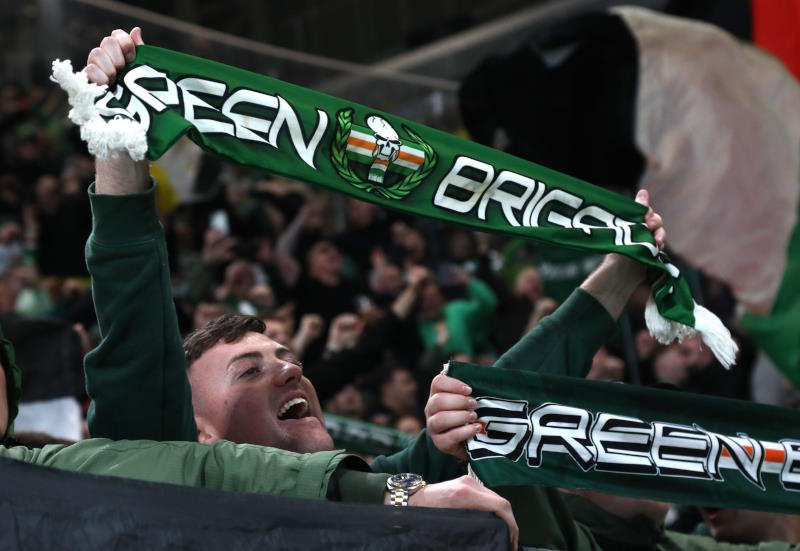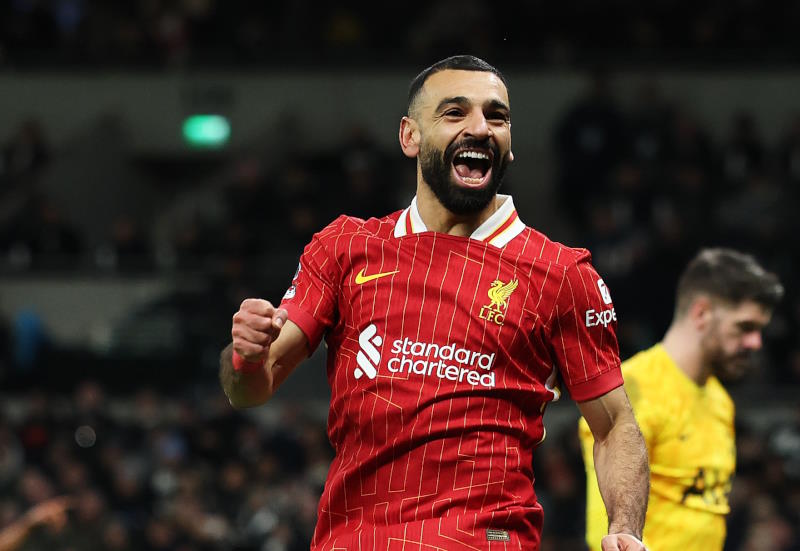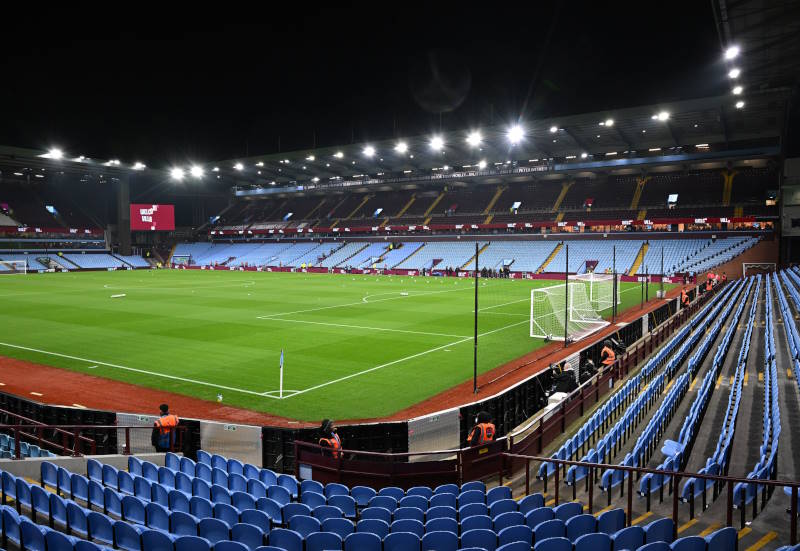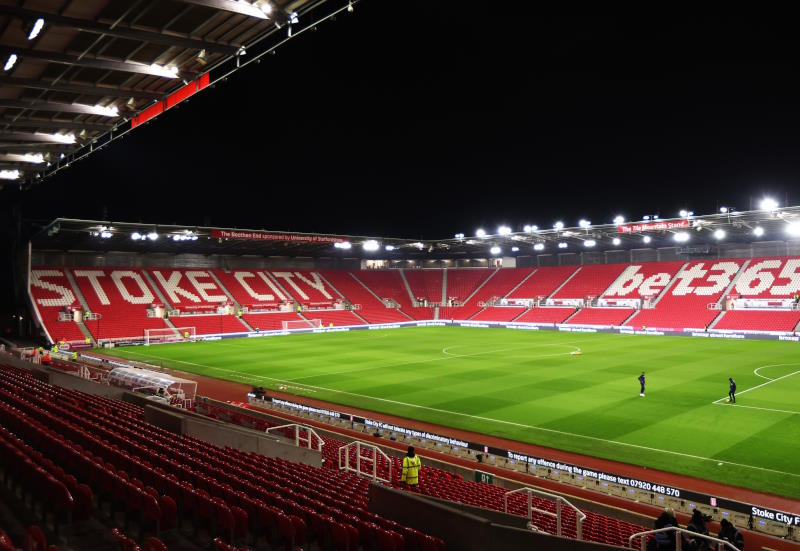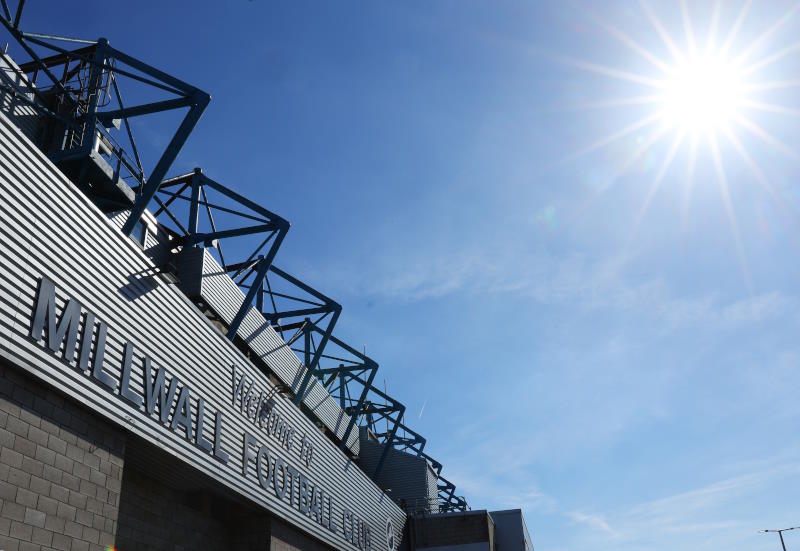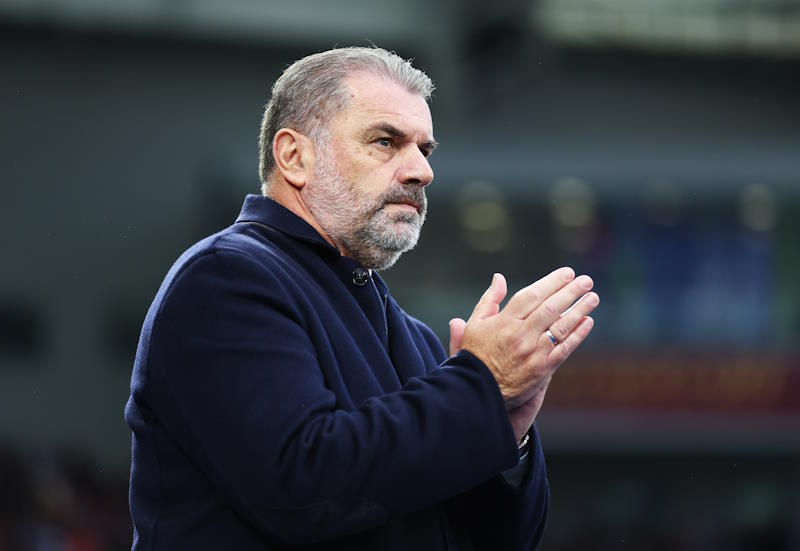
It is often said of the new broom that it sweeps clean. But what about the old broom, the old experienced broom brought in with specific objectives in mind. Maybe it doesn’t want to sweep clean straight away. Maybe it wants to try and win the Asian Cup first instead.
Here the analogy breaks down, but new Socceroos coach Holger Osieck has found himself strangely at odds with large sections of the Australian media and its football commentators by choosing not to throw away the remaining pieces of Australia’s most successful ever World Cup teams and instead trying to use them to win. “The Asian Cup is a major tournament and I want to go there with a team which has the option of being successful", said the German.
Not mincing his works, Osieck is clearly of the opinion that Australia’s youngsters and second string are not yet good enough to challenge seriously for prizes. But maybe this is over simplification.
Despite the headlines, Osieck has so far just named his squad for the upcoming friendlies against Poland and Switzerland. Although much is being read into the implications, it makes perfect sense for the German to first bring in the current team and see how they play under his guidance and system. Having only watched the national team once so far, a 2-0 defeat to Slovenia on the same night Osieck was announced as coach, it would be incredibly hasty to have already ruled out large contingents of the national setup.
An open mind and a willingness to explore all his options should be lauded in the new coach, and his inclusion of Scott McDonald in the squad is a good public statement of a break from predecessor Pim Verbeek. Indeed, whilst continuing to sit firmly on the fence, Osieck has indicated he might even play with two strikers, or at least he hasn’t ruled it out. “I don’t want to compare my tactics with Pim’s” he said, “But I think it’s important to have a couple of options.”
Whilst Osieck might not be overly familiar with the players, he’s not afraid of using his network of contacts to get more information and admits to contacting coaches across Europe to get their opinions on McDonald. Even then, however, it is still up to the player to prove himself. “I will see how far he integrates himself into the team and whether he can be a valuable asset.”
This seems to be a theme that Osieck keeps returning to. Nobody is ruled out or in, reputations count for nothing, it’s up to each player to show he deserves to be there, and that includes Harry Kewell.
Kewell, of course, has recently been involved in a spat with ex-player and now pundit Robbie Slater, who suggested that Kewell should no longer be a part of the national setup, and that this was a view shared by Kewell’s national team-mates. What followed was a live, heated debate on TV show Fox Sports FC. Slater is adamant that the time for rebuilding starts now, that the 2014 World Cup in Brazil is sure to come around fast, and that Australia’s chances of doing well are dependent on having a young, experienced team in place by then.
This is a popular view, but maybe a little unfair on the current team. It’s also a fairly common view that Verbeek’s coaching was unimaginative, cautious and ultimately unsuccessful and that the Dutchman failed to build on the work of his countryman Guus Hiddink after the 2006 World Cup in Germany. Given this, simultaneously blaming the players may be short-sighted. Osieck may well be right to want to see his charges in the flesh. “I had a chat with Harry. I was impressed by his attitude, by his approach, by his commitment to the team.” Osieck said. "I don’t see any reason not to pick him.”
Calling for change is easy when faced with a team that hasn’t performed and Osieck could easily have bucked to the public outcry, but the German is firm enough in his own opinions to make his own decisions. Come January, when the Asian Cup gets under way, the Australian public will be able to judge his instinct on these matters. How he integrates new talent and youngsters into the squad by this time next year when the World Cup qualifiers start will also be instructive.
So far there are only words on which to judge Osieck, which is why these two upcoming friendlies are so important for the Socceroos. The results, ultimately, are irrelevant. Rather it is how Osieck reacts to them that will give us the first real insight in to the type of manager he is, and to the faith that should be placed in his vision for the Australian team.

